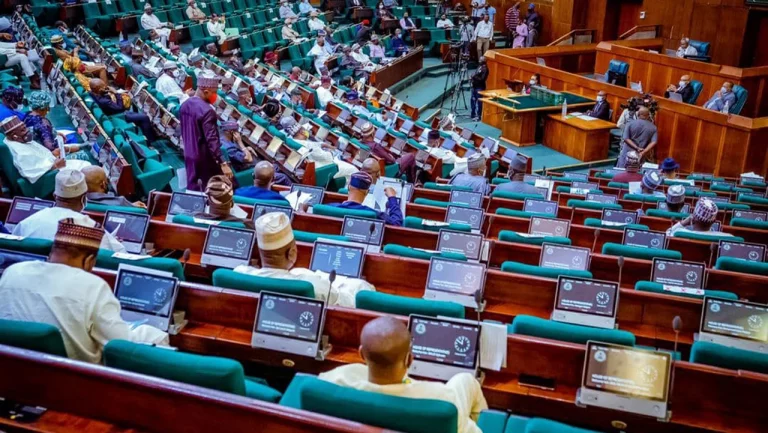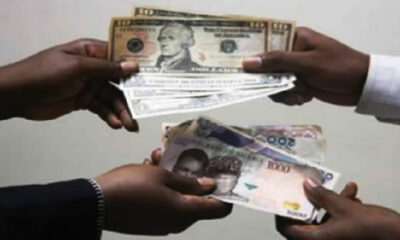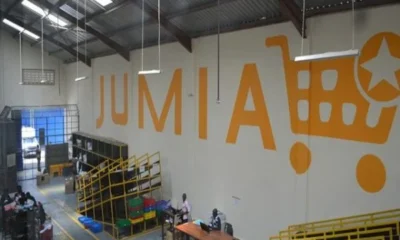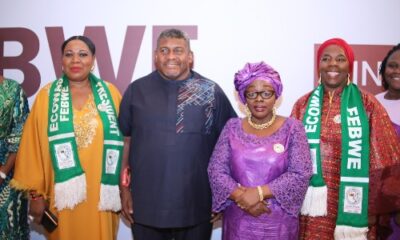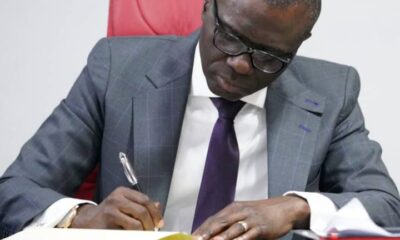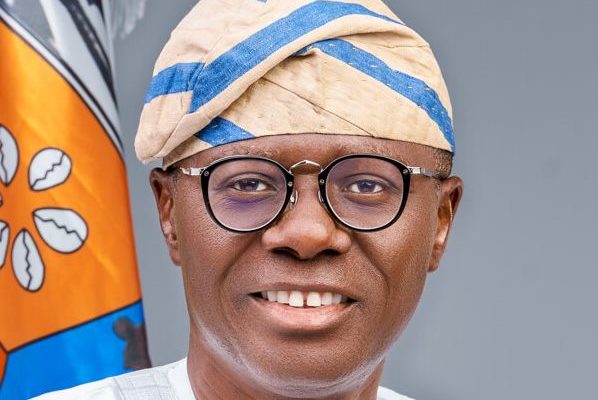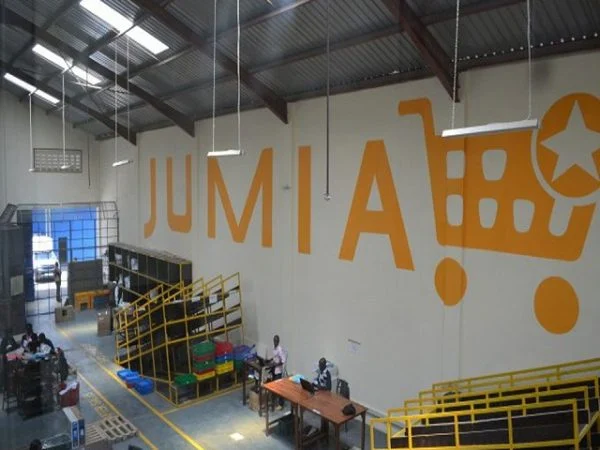The House of Representatives on Wednesday issued a warning that the recent hike in fuel pump prices could potentially lead to social unrest.
This caution came as the Green Chamber noted that a meeting between the Federal Government and labour leaders, regarding the increase in petrol prices, ended without resolution on Wednesday.
Last week, NNPC retail outlets raised petrol prices to N1,030 per litre from N897 in Abuja, while in Lagos, the price rose to N998 per litre from N868. Other areas saw similar increases.
This marks the second price hike within a month, amounting to an increase of about 14.8 percent or N133.
The increase has driven up transportation and food costs nationwide.
Organized labour and the Organised Private Sector are demanding an immediate reversal of the price hike.
The Nigeria Labour Congress and Trade Union Congress condemned the hike and called for an immediate reversal.
Addressing the issue during plenary, the House called on the Federal Government to immediately reverse the hike in petrol and cooking gas prices, citing the severe economic hardship faced by citizens.
The House’s call for the executive arm’s intervention followed the adoption of a motion of urgent public importance, moved by Minority Leader Kingsley Chinda and 100 other members.
The motion, titled “Urgent need to suspend the increased cost of petrol and cooking gas in the country and provide a stop-gap,” highlighted the struggle of Nigerians to meet basic needs in recent months.
Chinda, a member of the Peoples Democratic Party, voiced concern over the prices of petrol and cooking gas, noting that the increase was creating an unsustainable financial strain on ordinary Nigerians, exacerbating the cost of living.
He said, “The removal of fuel subsidy coupled with global oil price volatility and the naira depreciation has contributed significantly to the rising cost of petrol at the pump and cooking gas for households.”
“We are worried that the escalating fuel and gas prices are impacting the cost of transportation, food, essential goods, and healthcare, further increasing inflation and pushing many families into deeper financial hardship.”
“The House is concerned that businesses, particularly small and medium-sized enterprises, are struggling to manage their operational costs due to increased fuel prices, threatening economic stability and job security.”
Chinda recalled that the administration under President Bola Tinubu had previously announced plans to repair domestic refineries and enhance local refining capacity, though he lamented that “it is yet to deliver significant results in this regard.”
According to Chinda, the rise in petrol and cooking gas prices “poses a significant threat to the livelihood of millions of Nigerians, and unchecked inflationary pressure caused by the increased prices can lead to social unrest, increased poverty rates, and negative long-term economic effects.”
He added that without prompt and practical steps to curb the rising petrol and gas prices, Nigeria could face “an economic crisis leading to negative outcomes like increased crime and mortality rates.”
House Minority Whip Ali Isa criticized the frequent hikes in petroleum product prices, saying, “The people are suffering because of the increase in fuel price. The government should allow the people to breathe and should please not remove the cylinder giving Nigerians little oxygen.”
“The government should listen to the cry of the people and take steps to review any policy that will affect Nigerians negatively. Those who signed this motion are of the view that their people and by extension, the Nigerian people, are suffering.”
Yusuf Gagdi, representing Kanke/Pakshin/Kanam Federal Constituency in Plateau State, expressed that the motion was reflective of the ongoing challenges facing Nigerians.
“We speak to draw the attention of the government to do things that will improve the welfare of Nigerians,” he noted.
Deputy Minority Whip George Ozodinobi argued that the fuel price hikes have rendered the N70,000 new minimum wage ineffective, as the cost of goods and services continues to rise.
“Our people cannot transport their farm produce to the market, and because of that, there is an increase in prices of food. We must pressure the government. We also need to review our Organisation of Petroleum Exporting Countries’ policy. We don’t have to be in OPEC because that is the only way we can address this issue,” he said.
Following the adoption of the motion, the House urged the Nigerian National Petroleum Company Limited, the Ministry of Petroleum Resources, and other relevant agencies to “expedite action on the repair/maintenance of domestic refineries to enhance the nation’s local refining capacity as a stop-gap measure to reduce the dependence on imported refined petroleum products.”
The House also called on the Central Bank of Nigeria to implement monetary policies “that will mitigate the adverse effects of fuel price hikes on inflation, particularly with regards to essential goods and services.”
The House encouraged the Tinubu administration to explore alternative energy sources and diversify the country’s energy mix to reduce dependency on petrol and gas, promoting renewable energy solutions that are more sustainable and affordable in the long term.
Additionally, it urged state governments to adopt policies that would ease the financial burden on their residents, such as tax waivers or levies on transportation and goods impacted by high fuel prices.
Labour leaders maintained their stance on reducing fuel prices, prompting a closed-door meeting on Wednesday in Abuja with the Federal Government team, led by Secretary to the Government of the Federation, George Akume.
Other officials present included the National Security Adviser Nuhu Ribadu, Minister of Finance Wale Edun, Minister of Budget and National Planning Abubakar Bagudu, Minister of State for Labour and Employment Nkeiruka Onyejiocha, and Minister of State for Petroleum Heineken Lokpobiri.
A source familiar with the meeting, who spoke anonymously as he was not authorized to comment on the matter, reported that the government and labour leaders failed to reach an agreement.
“At the meeting, the NLC expressed their disapproval of the price hike and held their ground that it must be reversed. The government team tried to convince them to reason with them, but they could not reach a common ground on the matter. They resolved to meet again,” the source said.
Minister of Information Mohammad Idris stated that discussions with labour leaders would be ongoing.
He said, “It is a work in progress, it is not a one-off thing. There is going to be a continuous engagement between us and the labour leadership. Labour is an important component of this country.
“All of them are our brothers and sisters. Government is there for everyone, including Labour. So we will continue to engage Labour for the good of the country. We will continue to do that.”
Minister Bagudu noted that the government has made difficult decisions that will ultimately benefit citizens.
He said, “Of course, tough decisions come with challenges and consequences. We are dealing with those now, which are part of the reasons we’re asking: why is there a spike in inflation for September, following the decline we discussed earlier? The answer lies in energy prices, which have yet to stabilize, affecting oil prices.
“We are currently in the midst of the harvest season, and we believe this will further impact food prices. Most of the measures taken are beginning to yield results, leading to greater levels of investment and efforts to mobilize even more investments, which we believe will solidify the rise in gross domestic product.
“Our GDP for the first quarter increased by over two per cent, close to three per cent. In the second quarter, it grew by 3.19 percent.
“Some people may say that sounds slow, but let me put that into context. Germany, which is wealthier and has more resources to respond to challenges, saw a decline of 0.3 per cent. The UK is struggling with a decline of 0.2 percent.
“So, what choices do we need to make? We’ve made bold choices. Today, state governments, local governments, and the Federal Government are better funded. Yes, inflation and the cost of living remain challenges, but they are not unique to Nigeria.
“Fertilizer prices, energy prices, and cost-of-living crisis are being witnessed in many countries. This isn’t meant to comfort us, but to provide perspective.
“The message is this: we are confident that we’ve steered the economy in the right direction, and we have seen the worst. Moving forward, we expect to reap bountiful rewards.”

 BIG STORY3 days ago
BIG STORY3 days ago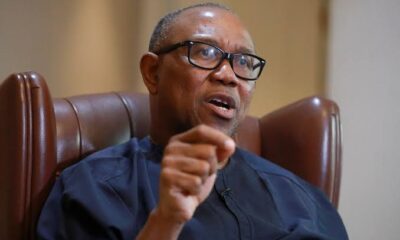
 BIG STORY20 hours ago
BIG STORY20 hours ago
 BIG STORY2 days ago
BIG STORY2 days ago
 BIG STORY3 days ago
BIG STORY3 days ago
 BIG STORY3 days ago
BIG STORY3 days ago
 BIG STORY3 days ago
BIG STORY3 days ago
 BIG STORY2 days ago
BIG STORY2 days ago
 BIG STORY3 days ago
BIG STORY3 days ago




